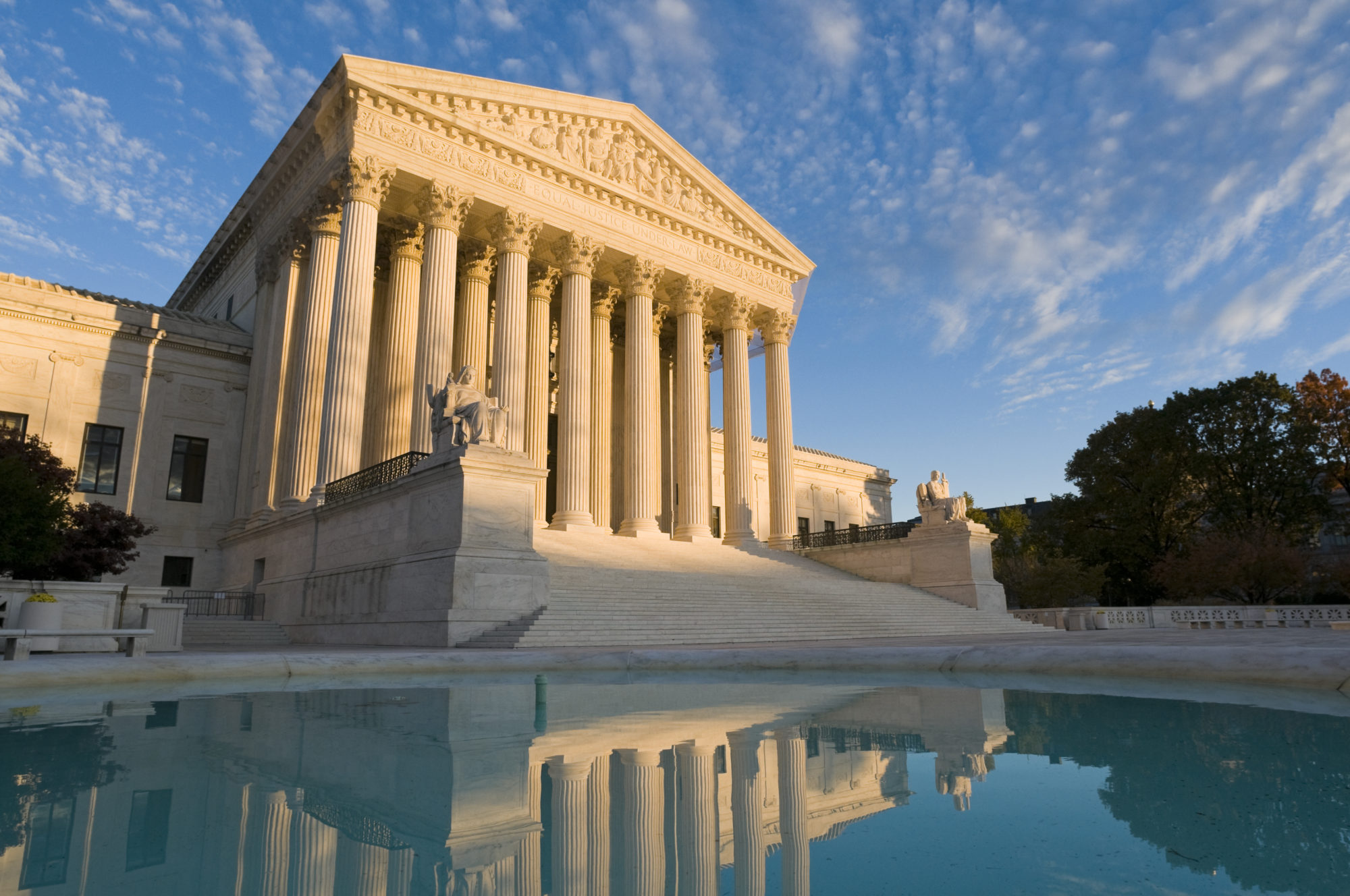Checking every box
New York State’s challenge to the decision to include a citizenship question on the 2020 Census administered by the Department of Commerce checks every box for a Trump era Supreme Court case. Here we have states and public interest groups trying to hold the executive branch of the federal government to account for a decision that is technically within its power, yet self-evidently made in bad faith, and for which pretextual support is offered after the fact.

The Trump administration argues that asking about citizenship will make it easier to comply with the mandates of the Voting Rights Act, but the evidence available to the Secretary of Commerce when he made this decision was that a citizenship question would significantly depress response rates—primarily in households with undocumented or Hispanic residents. This in turn would make all the Census data less accurate (including the data on citizenship). The 2020 Census data will be used to draw redistricting maps, so Republicans have an obvious partisan interest in artificially depressing the apparent population in communities with high numbers of immigrants because these tend to vote Democrat. Oral argument last week in Department of Commerce v. New York reflected that partisan advantage to the conservative party.F
The argument divided quite predictably along ideological lines. Even though Justice Ginsburg shows as 60% likely to vote for petitioner, this is an artifact of her low numbers—she was the only justice (other than Thomas) to be remarkably uninvolved in the argument. She spoke 77 words to the three advocates on the Respondent side, challenging the inclusion of the question, and 112 words to the Solicitor General, representing the Petitioner. In essence, Ginsburg was not showing her hand.
Country before party?
In contrast, the rest of the speaking justices were uninhibited in showing their partisan colors. The conservative justices barely spoke a word in response to the Solicitor General’s cavalier attitude to potentially depressing responses to the census, then pounced on Respondent advocates—particularly Barbara Underwood, representing New York State—questioning every methodological aspect of the expert certainty regarding the effect inclusion of the question will have.
For their part, the three other liberal justices were actively involved, but all shied away from stating the real problem: the bad faith of government, and Secretary Wilbur Ross in particular. Only at the end of the government’s main period of argument did Justice Kagan come close to naming the misconduct at the heart of the issue, with echoes of the Nixon hearings underlining her words:
Elena Kagan: And if I may say — I’ll just finish here, General — I mean, a lot of your argument — your briefs are extremely well done.
Noel J. Francisco: Thank you.
Elena Kagan: But a lot of your argument just do not appear in the Secretary’s decision memo. And — and the fact that SG lawyers can come up with 60 pages of explanation for a decision, that’s all post hoc rationalization. The question is, what did the Secretary say? Where did he say it? When did he say it? What does it mean, other than just ipse dixit and conclusions?
We have seen that the new conservative appointees nominated by President Trump have looked like siding with the liberals on a few issues, such as ineffective assistance of counsel, excessive fines, or ensuring broader access to Kavanaugh’s much loved beer. But when it comes to rigging elections to benefit the Republican Party, be it through gerrymandering or corrupting the Census all of the conservatives fall into partisan formation.
An accurate census is vital to many things, as mentioned, but it is also key to the Democratic system functioning properly. Similarly, political gerrymandering can prevent meaningful democratic involvement. Without the Supreme Court monitoring the self-interest of politicians in these core constitutional matters, everyone will suffer in the long run. The fact that Republicans may benefit in the short term should not blind these justices to the good of the country.
Prediction:
Petitioner (Department of Commerce): Alito, Gorsuch, Kavanaugh, Roberts, Thomas
Respondent (New York): Breyer, Ginsburg, Kagan, Sotomayor
Most likely to switch: no one will switch

You must be logged in to post a comment.